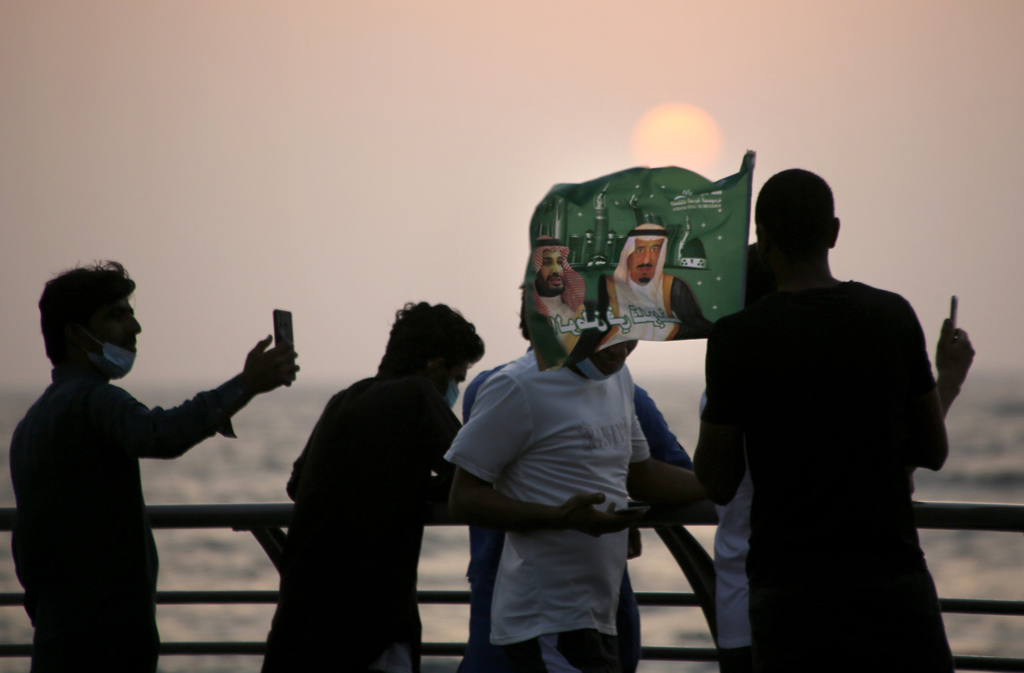
What's behind the Saudi-Iran rapprochement?
The rapprochement being attempted by Saudi Arabia and Iran is the latest example of repositioning in the Middle East. Saudi Crown Prince Mohammed bin Salman (MBS) told his country’s public broadcaster last week that he wanted 'a good and distinguished relationship' with Iran.
Share
The rapprochement being attempted by Saudi Arabia and Iran is the latest example of repositioning in the Middle East. Saudi Crown Prince Mohammed bin Salman (MBS) told his country’s public broadcaster last week that he wanted “a good and distinguished relationship” with Iran.
MBS also expressed the desire to resolve problems that Saudi Arabia and its regional partners have had with Tehran in order to develop a mutually beneficial and positive relationship.
Saeed Khatibzadeh, the Iranian Foreign Ministry’s spokesperson, reciprocated MBS’s warm messages, signaling Iran’s interest in commencing a new era of interaction and cooperation.
According to media reports, officials from the two countries have been meeting secretly since January.
It is no secret that the Saudis, who the Biden administration abandoned in Yemen, wish to come out of isolation. The crown prince's decision to abandon building an anti-Iran bloc has many dimensions to it.
The Trump administration’s policy of maximum pressure, a strategy devised in cooperation with Gulf leaders, failed to strongarm Tehran into negotiations. Eager to reinstate the nuclear deal, the Biden administration is unlikely to insist on former U.S. Secretary of State Mike Pompeo’s 12 conditions.
Secondly, an attempt by the Gulf’s two ambitious crown princes to reshape the region has failed. MBS, whose reputation was severely tarnished due to the murder of journalist Jamal Khashoggi, remains committed to "Vision 2030" and fighting extremism.
Still, his international standing is nowhere near what it was when he spent a month touring Washington. Mohammed bin Zayed (MBZ), the crown prince of Abu Dhabi, in turn, has been trying to repair ties behind closed doors. His plan for a new regional order has failed and the nation was unsuccessful in containing both Iran and Turkey.
Indeed, not even the Qatar blockade managed to provide results. The Gulf states aborted the mission on Jan. 5, 2021, even though Doha did not agree to any of their demands – including the closure of Turkey’s military base in the country.
Tags »
Related Articles






